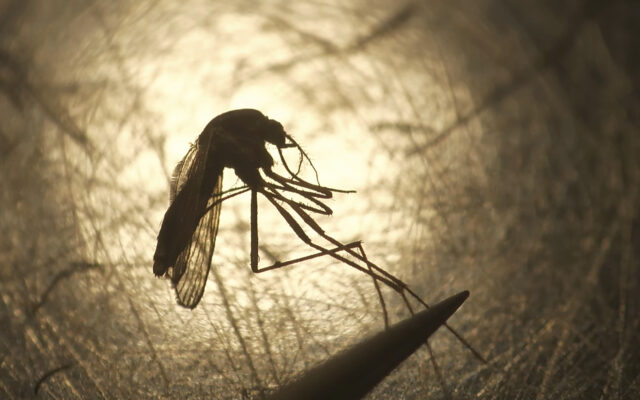
Farm animals in Piscataquis County infected with mosquito-borne virus
By Christopher Burns, Bangor Daily News Staff
Four farm animals in Piscataquis County have died after apparently contracting a mosquito-borne virus.
One of the animals has tested positive for eastern equine encephalitis virus, while the other three are presumed to have been infected with the virus, according to the Maine Department of Agriculture, Conservation and Forestry.
The animals died the week before, and they were evaluated by the University of Maine Cooperative Extension Diagnostic and Research Laboratory, the agriculture department said Friday morning, Sept 22.
They were not commercial farm animals.
That comes just days after the Maine Center for Disease Control and Prevention confirmed the presence of eastern equine encephalitis among mosquitoes in the town of Lebanon in York County.
It was the first time eastern equine encephalitis was confirmed in Maine since 2019, when a horse was infected with the virus.
The illness hasn’t been confirmed in any Mainers so far this year. No human in Maine has been infected with eastern equine encephalitis since 2015, and the first case of a human contracting the virus happened in 2014.
Not all people infected with eastern equine encephalitis will show symptoms of the virus. Common symptoms include fever and a flu-like illness, while in severe cases the virus can cause brain swelling and meningitis, a Maine CDC spokesperson said Wednesday.
Eastern equine encephalitis can, in some cases, be fatal.
This comes about a month after the Maine CDC confirmed the presence of Jamestown Canyon virus among mosquitoes in Wells in York County. Like eastern equine encephalitis, Jamestown Canyon virus can cause brain swelling and be fatal in severe cases.
While both diseases are spread by mosquitoes, they can’t be spread human to human or from other animals to humans, according to the Maine CDC spokesperson.
Anyone who believes they have contracted the viruses should contact their health providers.
Eastern equine encephalitis can infect many species of livestock, such as llamas, alpacas, emus, ostriches, horses and birds, such as pheasants, quail and ducks, according to the Department of Agriculture, Conservation and Forestry.
Horses are most sensitive to the virus, and the agriculture department recommended that horses be vaccinated against eastern equine encephalitis and West Nile virus. Symptoms in horses include fever, weakness and lack of coordination.